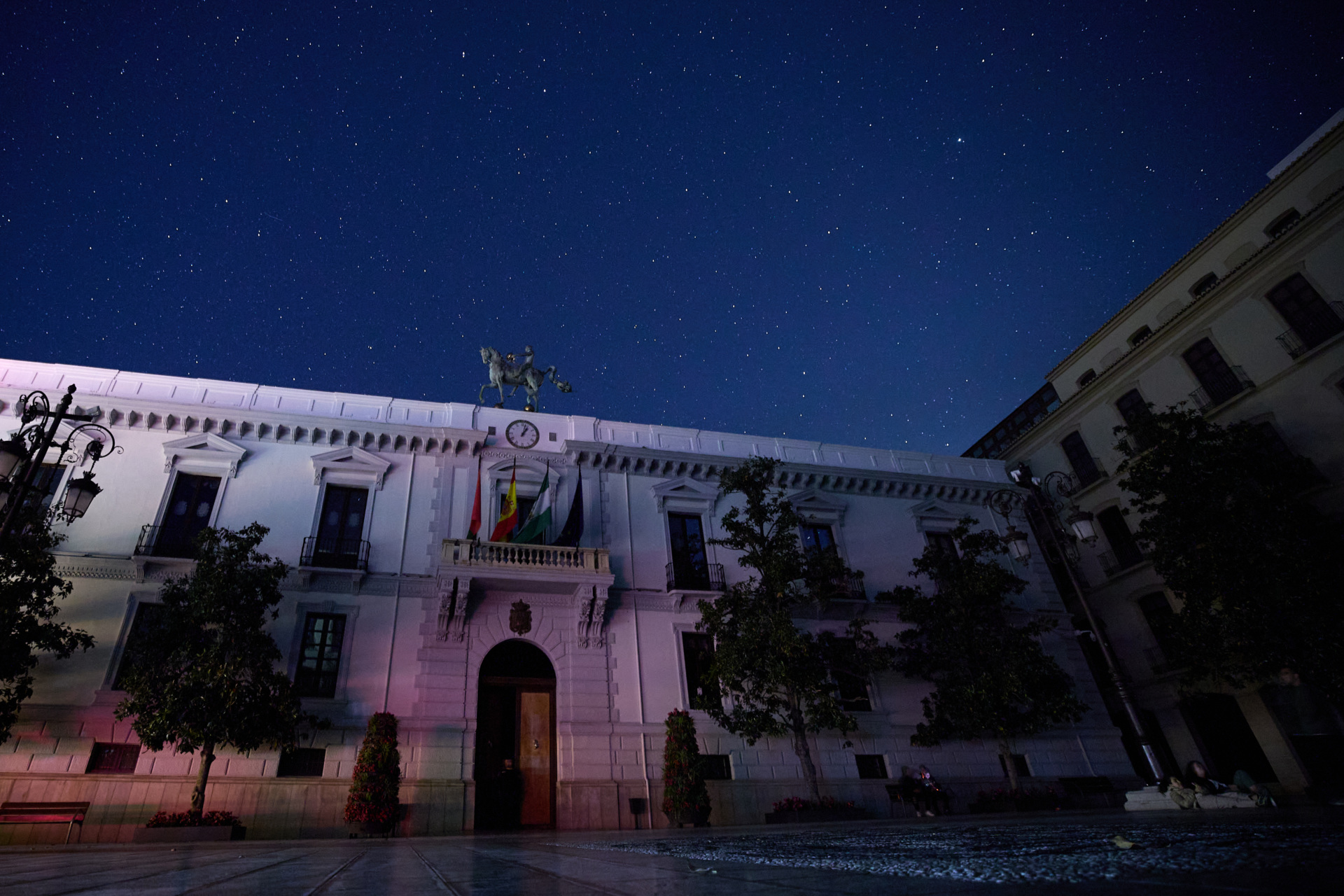
| Published April 29, 2025
Spain and Portugal experienced one of the most extensive power outages in European history, affecting approximately 60 million people. The blackout disrupted transportation, communications, and essential services across the Iberian Peninsula. While power was largely restored by the following day, the incident has ignited a debate over the stability of power grids heavily reliant on renewable energy sources.
Initial investigations by Spain’s grid operator, Red Eléctrica (RE), ruled out cyberattacks and adverse weather conditions as causes. Instead, attention turned to a sudden loss of approximately 15 gigawatts of power—about 60% of Spain’s electricity demand—within seconds. This abrupt drop led to a cascading failure, disconnecting Spain and Portugal from the broader European grid.
Experts noted that during the incident, solar photovoltaic output halved within five minutes, contributing to the grid’s destabilization. Spain’s significant reliance on renewable energy, which accounts for over 43% of its electricity—with solar energy supplying nearly 59% at the time—has raised concerns about grid stability. Renewable-heavy systems often have lower inertia, making them more susceptible to frequency disturbances, especially if the grid isn’t adequately equipped with storage solutions or backup from conventional energy sources.
While some critics argue that the rapid integration of renewable energy without corresponding investments in grid infrastructure contributed to the blackout, others emphasize that such outages have occurred in fossil fuel-based grids as well. They advocate for enhanced grid resilience through investments in technologies like grid-forming inverters and battery storage to manage the variability of renewable energy sources .
The incident has prompted both national and European Union authorities to investigate and recommend improvements to grid resilience. As Europe continues its transition towards renewable energy, the blackout serves as a stark reminder of the challenges in ensuring grid stability and the importance of aligning infrastructure development with energy policy goals.
 The starry sky is visible in the city of Granada, Spain, on April 28, 2025, with the City Hall during the power outage that affects Spain nationwide. (Photo by Fermin Rodriguez/NurPhoto via Getty Images)
The starry sky is visible in the city of Granada, Spain, on April 28, 2025, with the City Hall during the power outage that affects Spain nationwide. (Photo by Fermin Rodriguez/NurPhoto via Getty Images)
Here are the pros and cons of the recent Iberian Peninsula blackout, focusing on the implications of over-reliance on solar and other renewable energy sources tied to Net Zero policies:
✅ Pros
1. Wake-Up Call for Energy Realism
The blackout reinforces a long-held conservative critique that rushing into green energy without adequate infrastructure is reckless. It highlights the need for a balanced energy mix, including fossil fuels and nuclear, to maintain grid stability.
2. Evidence of Renewable Instability
Conservatives often argue that solar and wind are inherently unreliable due to their dependence on weather conditions. The sudden drop in solar output, contributing to the blackout, is seen as direct proof of this vulnerability.
3. Pushback Against Net Zero Mandates
The incident provides conservatives with ammunition to challenge aggressive Net Zero policies pushed by the EU and progressive governments. They argue that ideology-driven policy is jeopardizing public safety and economic stability.
4. Support for Fossil Fuels and Energy Independence
This event may bolster conservative calls to reinvest in coal, natural gas, and nuclear, not only to stabilize the grid but to reduce reliance on volatile energy imports or weather-based systems.
5. Public Support for Reassessment
Widespread disruption could shift public sentiment, creating an opportunity for conservative leaders to advocate for a rebalanced, more pragmatic approach to energy policy that doesn’t sacrifice reliability.

It was a long night for passengers who were forced to camp out in train stations like this one in Cordoba, Spain
❌ Cons
1. Political Backlash Against Criticism of Renewables
Conservatives pointing to this blackout as a failure of green policy may face accusations of politicizing a crisis, especially as investigations are ongoing and some experts caution against simplistic conclusions.
2. Missed Chance to Lead on Innovation
A purely oppositional stance risks alienating younger or environmentally conscious voters who want cleaner energy—but also want it to be reliable. Conservatives risk being seen as obstructionist rather than solution-oriented.
3. Infrastructure Investment Still Needed
Even critics of Net Zero must admit that modernizing the grid is necessary. Conservatives may face pressure to propose real alternatives and support tech-based upgrades like battery storage and smart grid tech—traditionally underfunded in conservative platforms.
4. National Security Risks
If conservatives are seen as blocking renewable growth entirely, it could be framed as weakening national resilience in a time when energy independence from adversaries (e.g., Russia) is crucial.
5. Public Trust in Science and Technology
Overly aggressive rhetoric against renewables can be painted as anti-science or anti-progress, which could damage conservative credibility among the broader public if not paired with responsible, data-driven alternatives.
SOURCES: BREITBART – ‘Net Zero Madness’: Spain’s Reliance on Solar Energy Blamed For Massive Nations-Wide Power Cut
DAILYMAIL ONLINE – Is Net Zero to blame for Spain blackout chaos? Why green power may have exacerbated anarchy as 30,000 officers are deployed to the streets and panic-buying empties shelves amid state of emergency
REUTERS – What caused the power outage in Spain and Portugal?
AP NEWS – Spain and Portugal focus on the cause of the huge blackout after power is almost fully restored
FINANCIAL TIMES – Spain’s electricity grid operator rules out cyber attack as cause of blackout





Be the first to comment